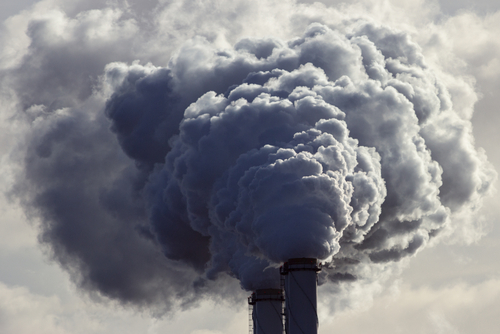
Air pollution can contribute to the development of lung cancer and worsen its prognosis. A collaboration between researchers and advocates is necessary to lower the toll of air pollution.
This call to action is from the Early Detection and Screening Committee of the International Association for the Study of Lung Cancer (IASLC), which recently formed a working group to better understand air pollution’s role in lung cancer.
Led by Christine D. Berg, MD, the group identified air pollutants, their measurement, and proposed mechanisms of carcinogenesis.
Their research showed that the number of estimated attributable lung cancer deaths has increased by nearly 30% since 2007 as smoking has decreased and air pollution has increased.
In addition, outdoor air pollution and particulate matter with aerodynamic diameter less than 2.5 microns in outdoor air pollution was classified as carcinogenic to humans, and as a cause of lung cancer, by the International Agency for Research on Cancer in 2013.
“Estimation of cumulative exposure to air pollution exposure is complex, which poses major challenges with accurately collecting long-term exposure to ambient air pollution for incorporation into risk prediction models in clinical practice,” the study authors said.
Moreover, worldwide air pollution levels vary widely.
Air pollution targets must be at the lowest levels as recommended by the World Health Organization. IASLC also encourages the health care community to practice environmental sustainability with low carbon emissions.







 © 2025 Mashup Media, LLC, a Formedics Property. All Rights Reserved.
© 2025 Mashup Media, LLC, a Formedics Property. All Rights Reserved.